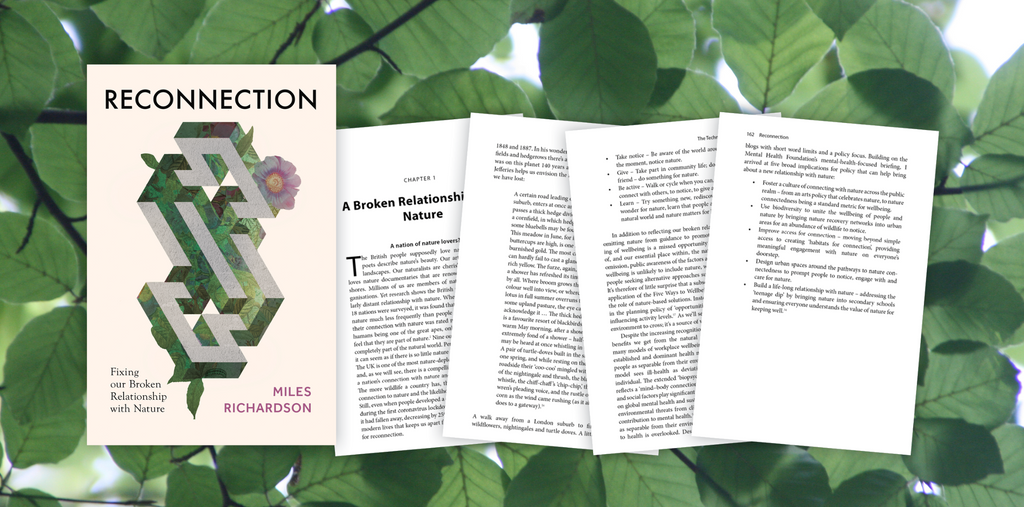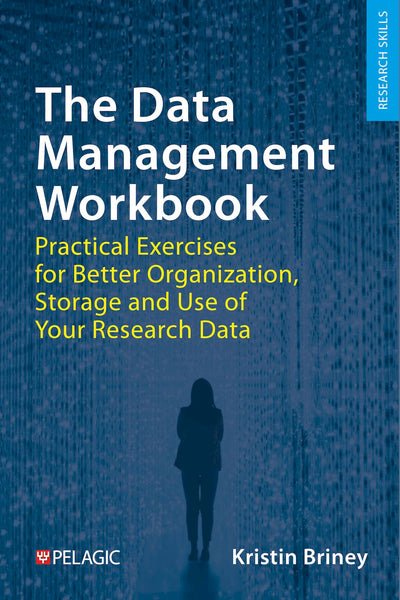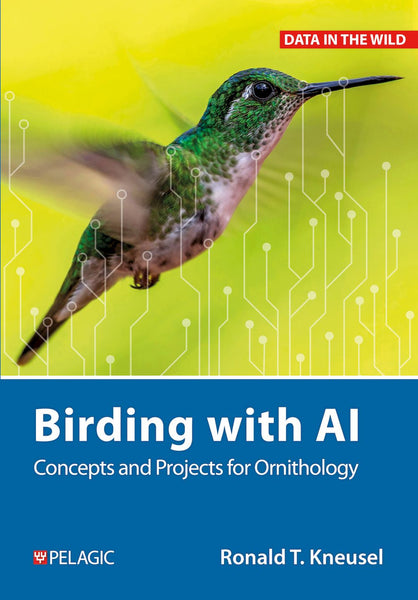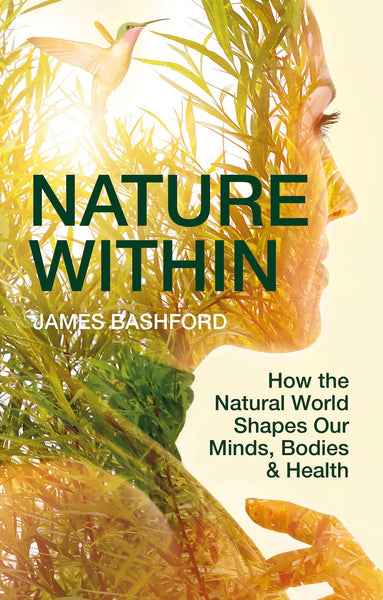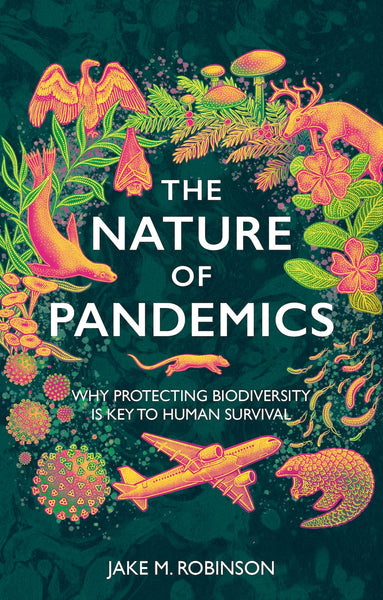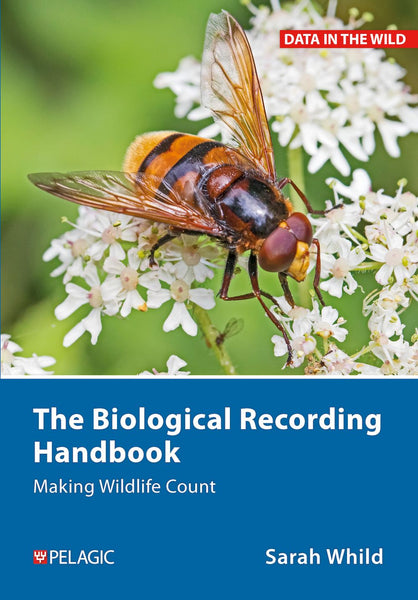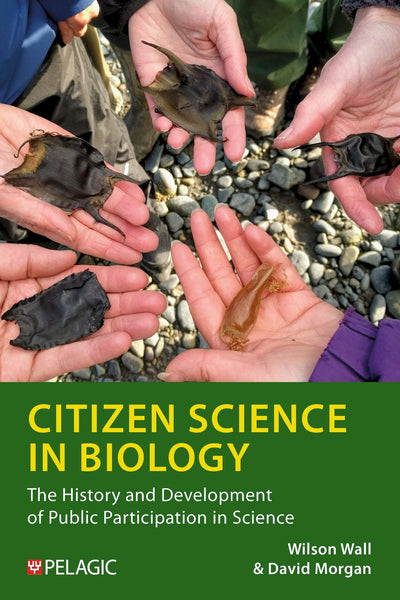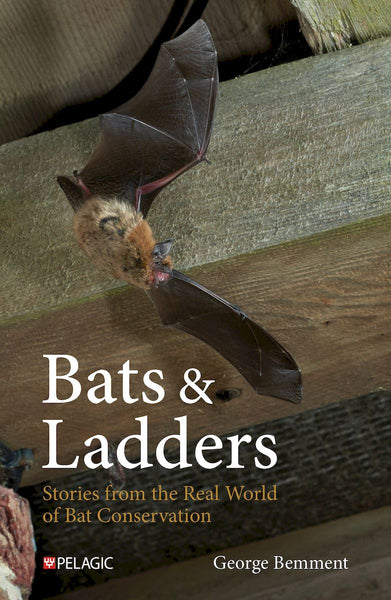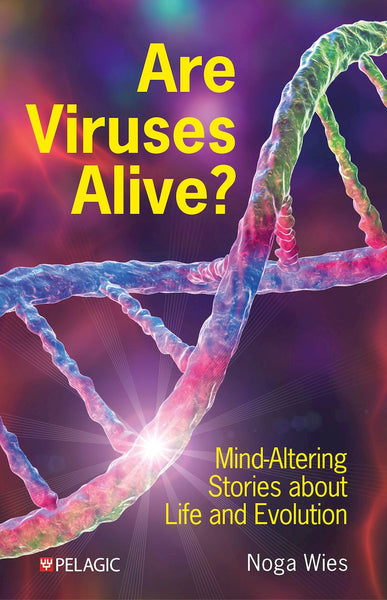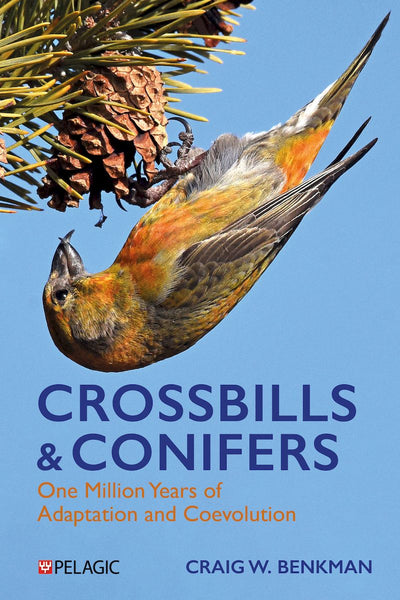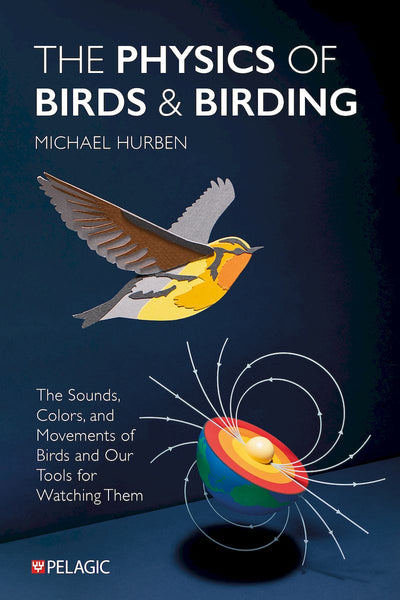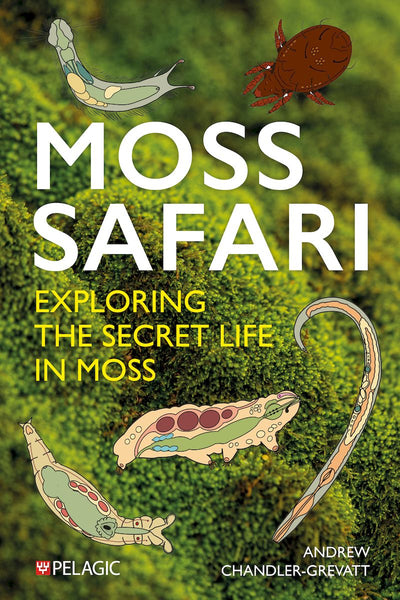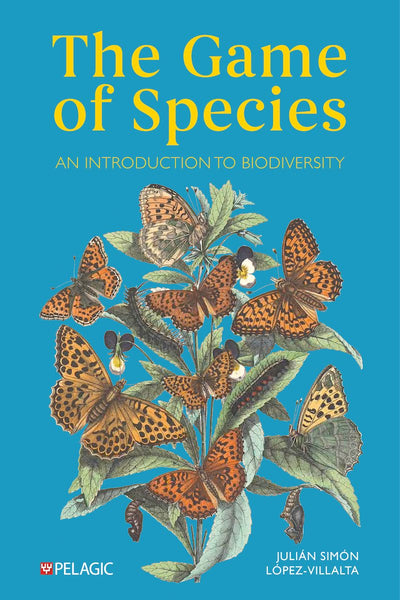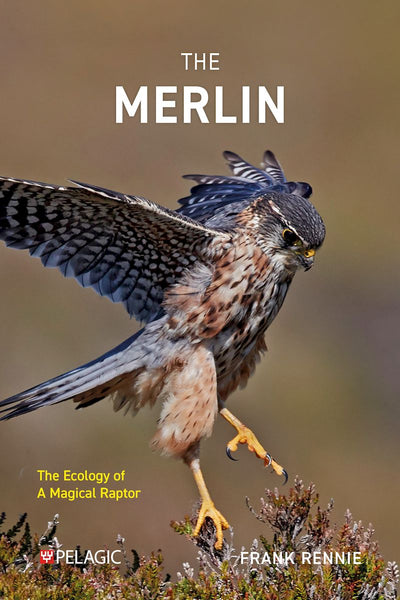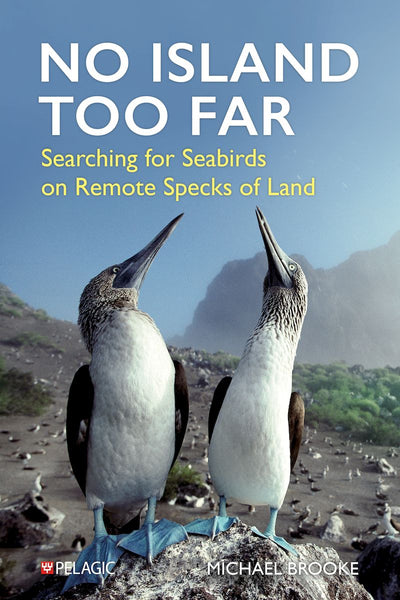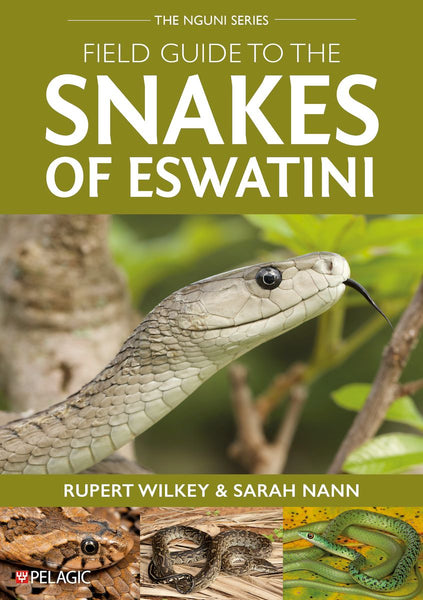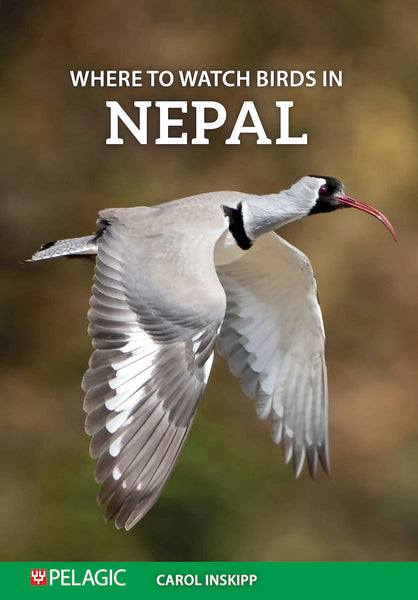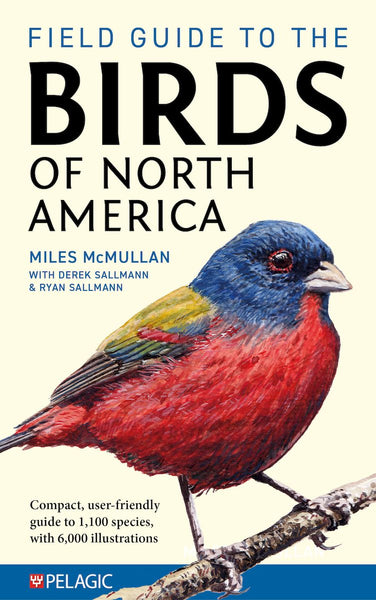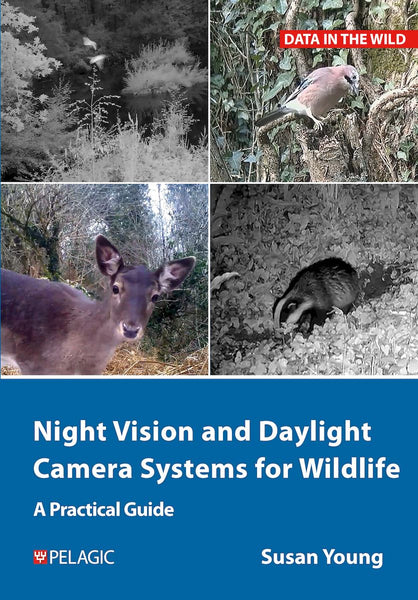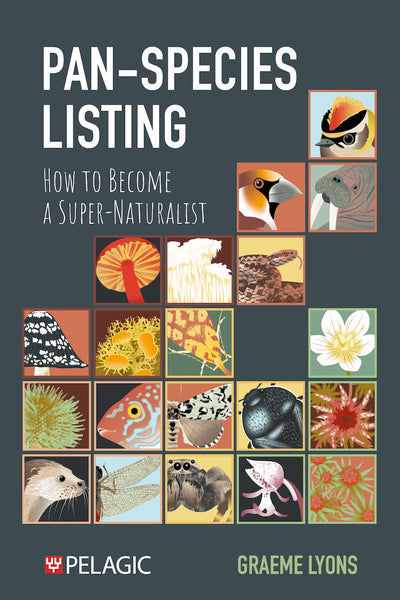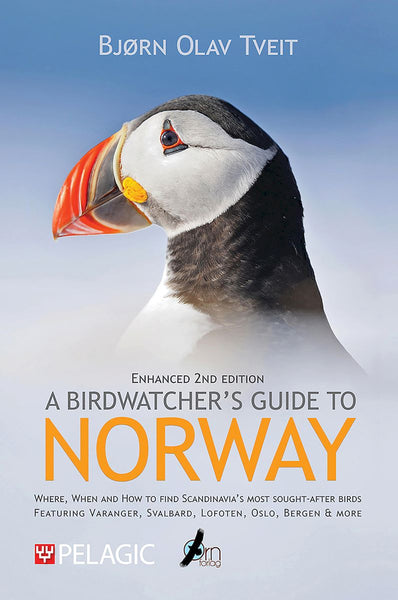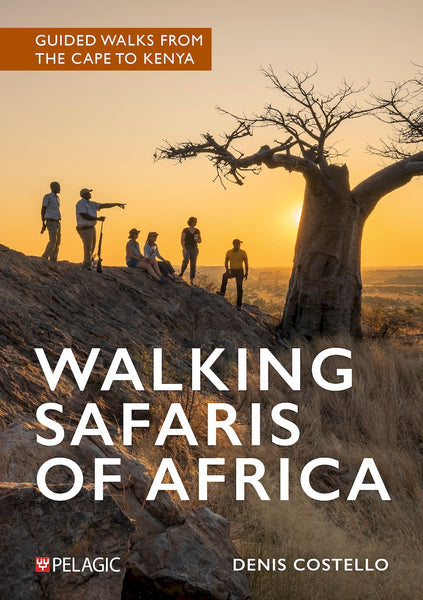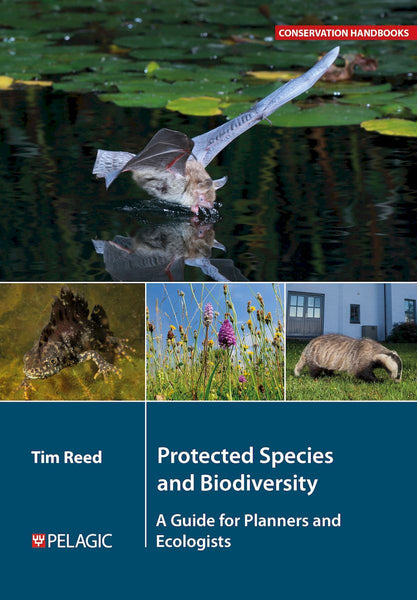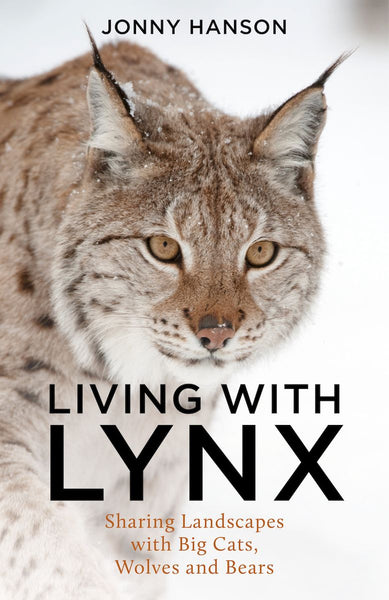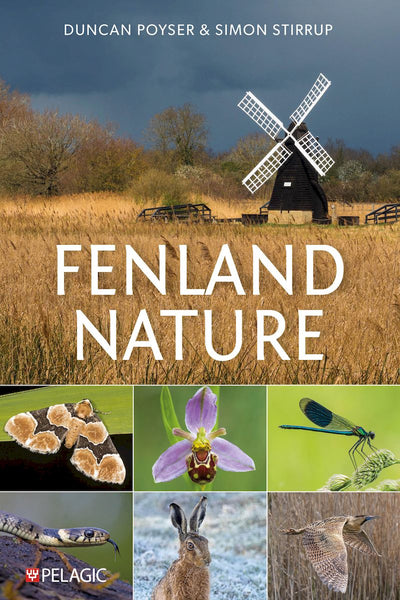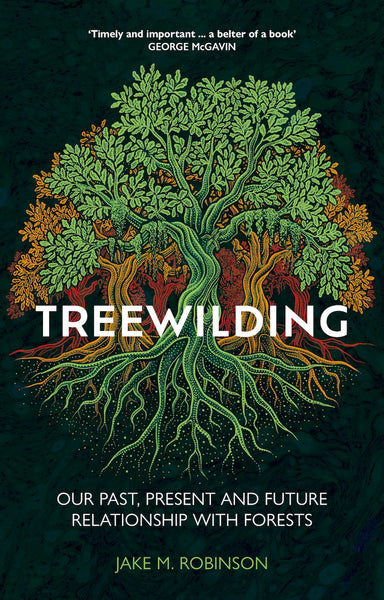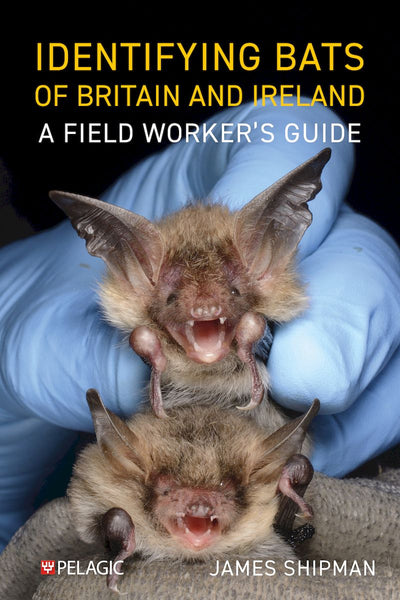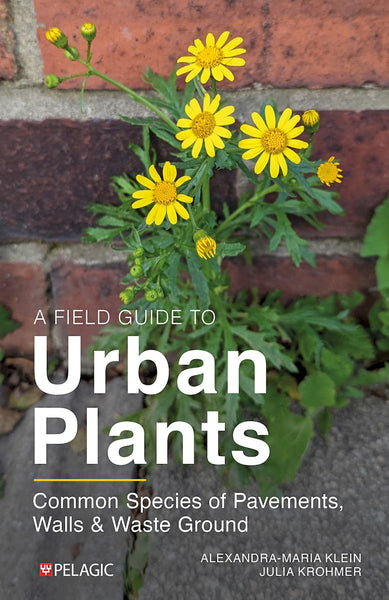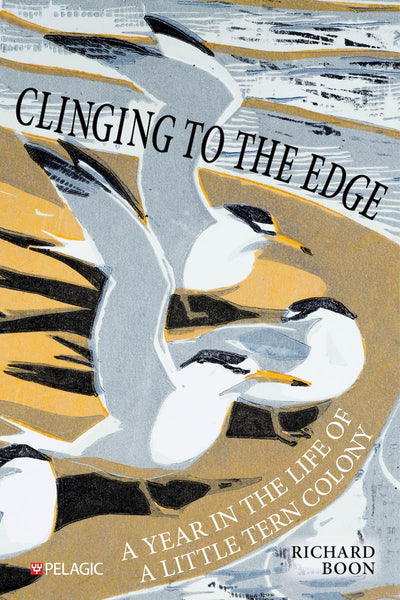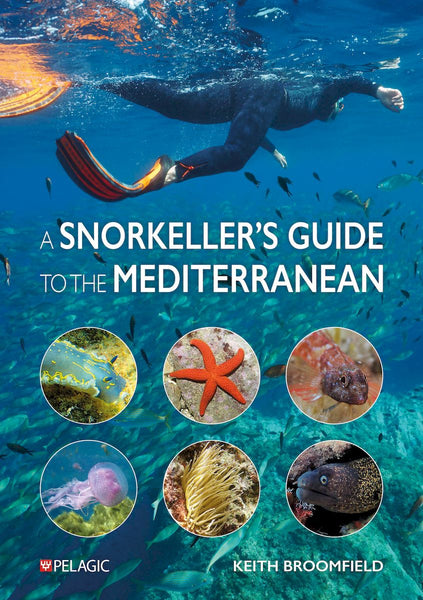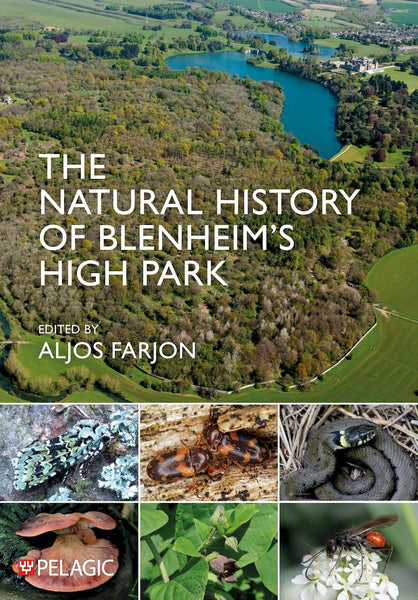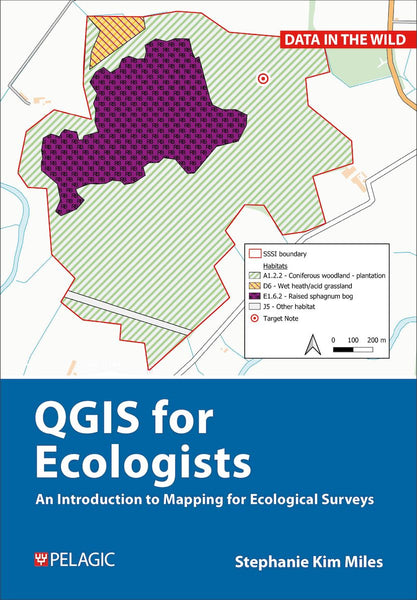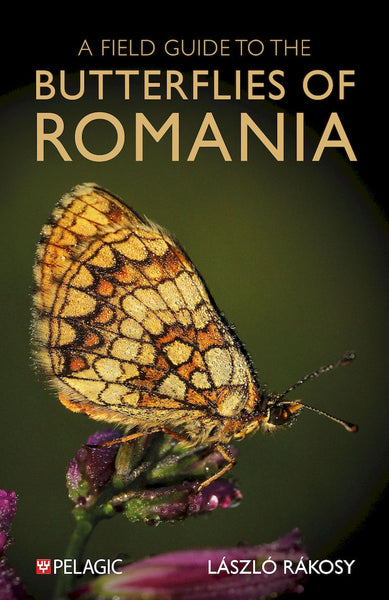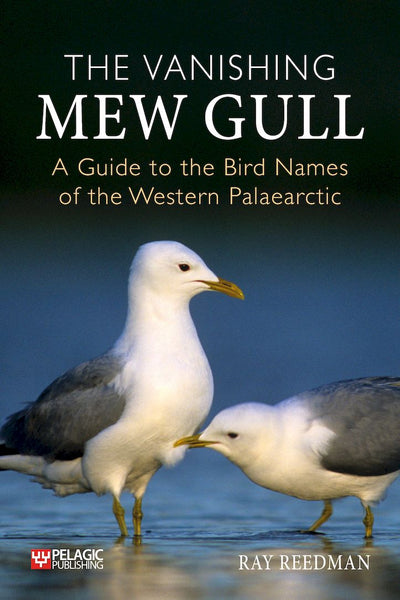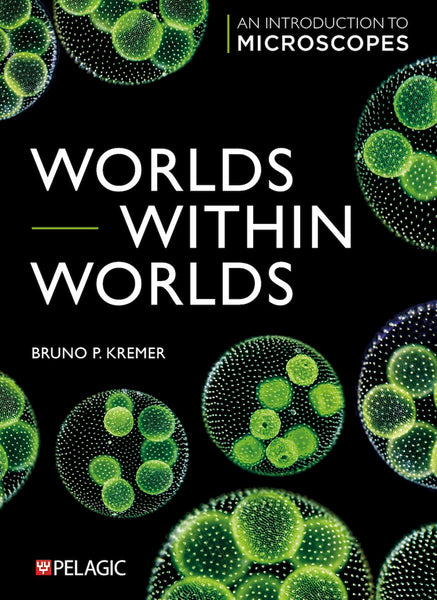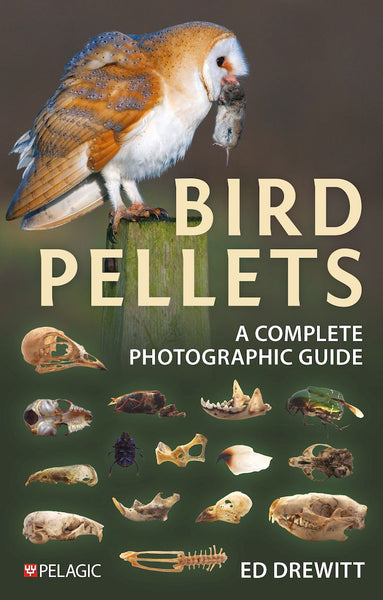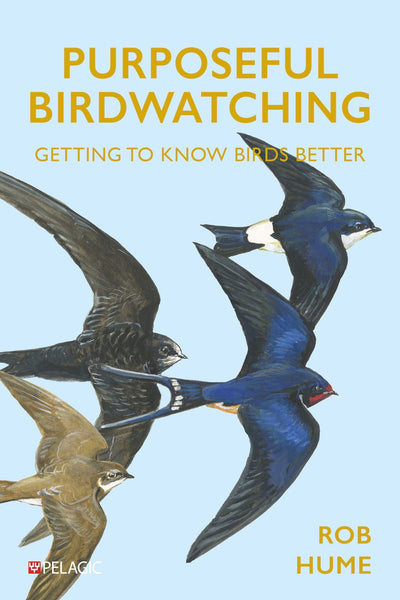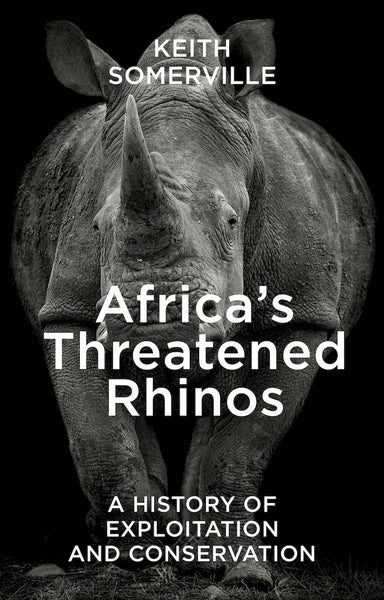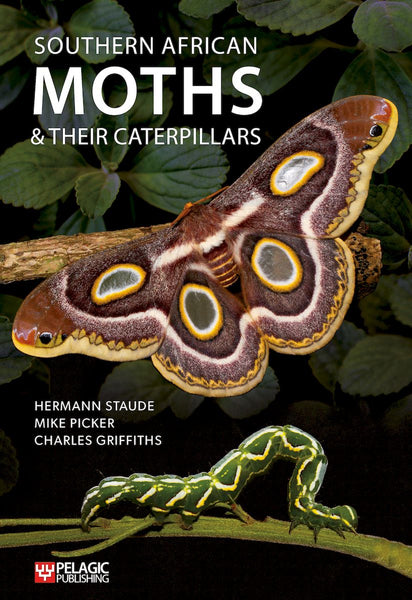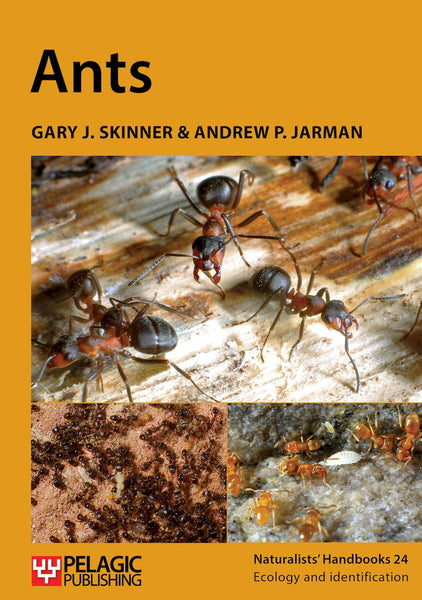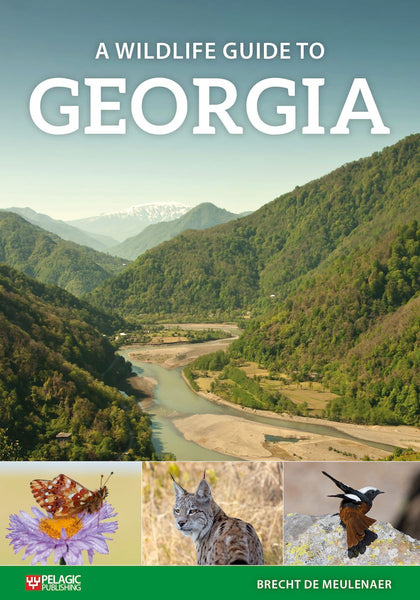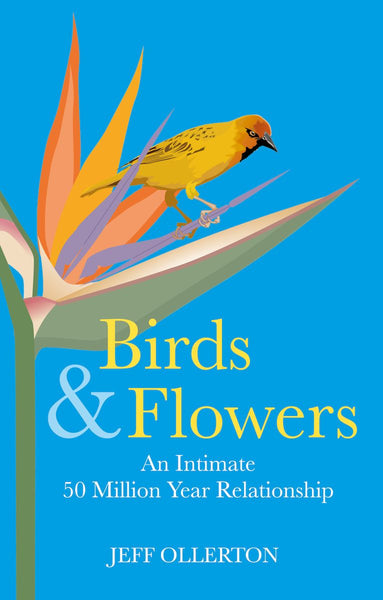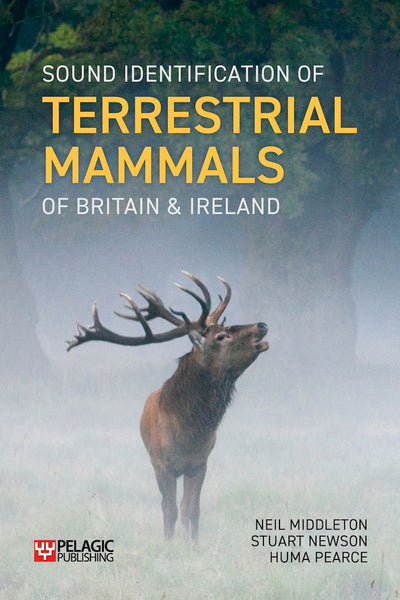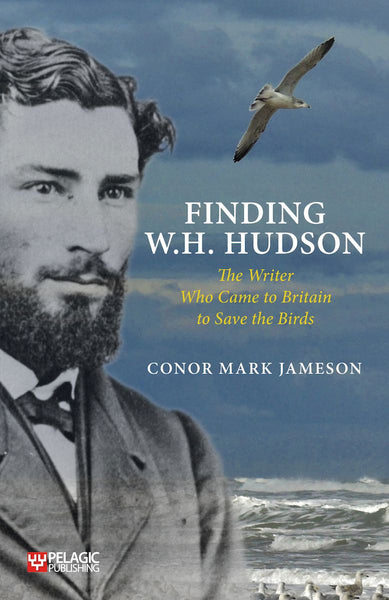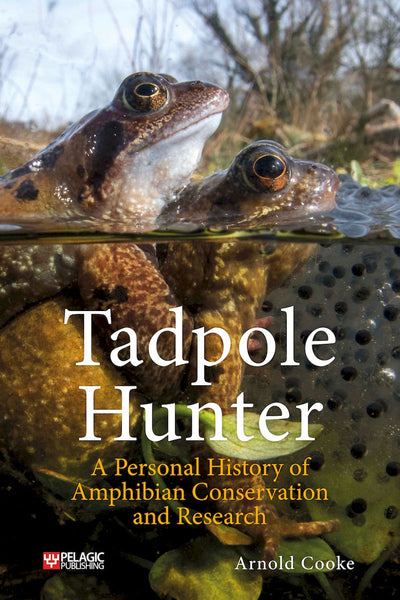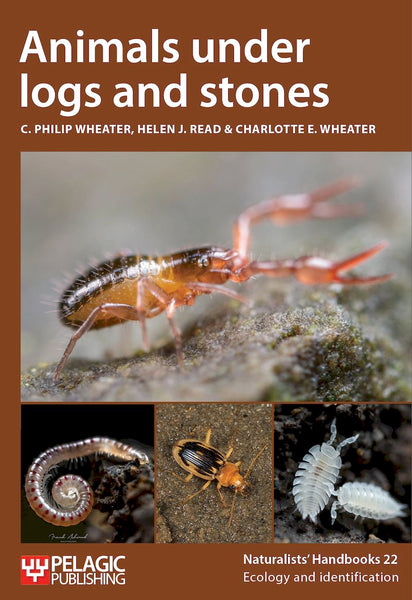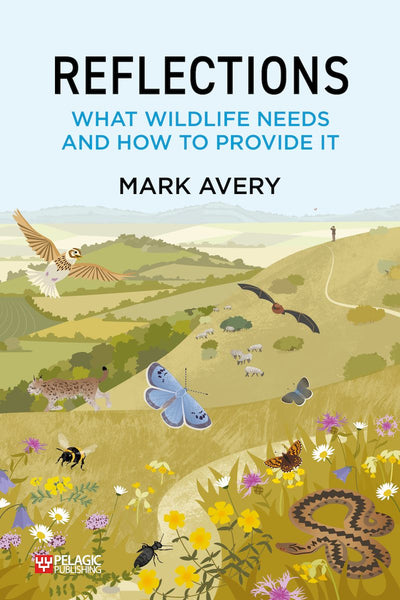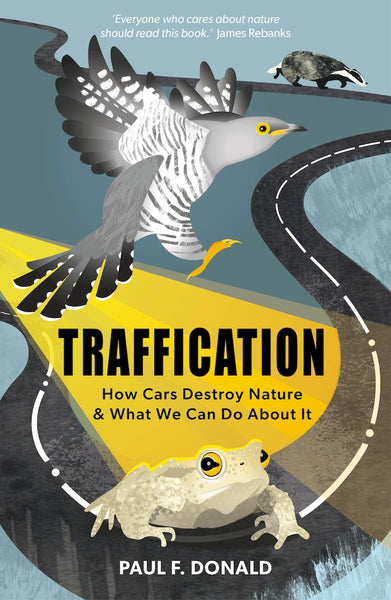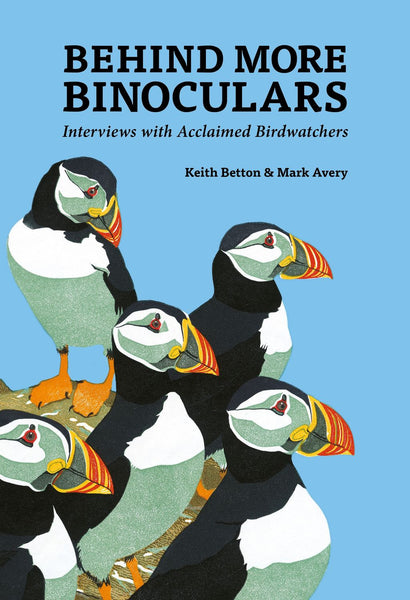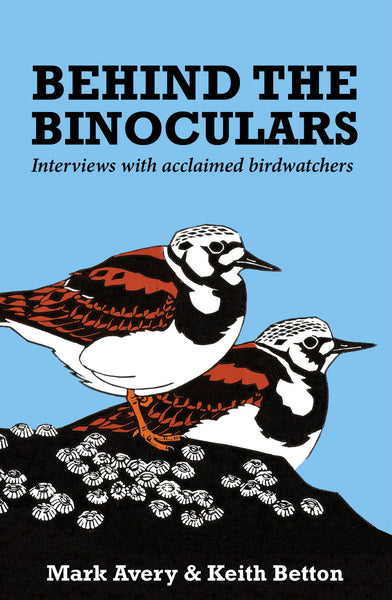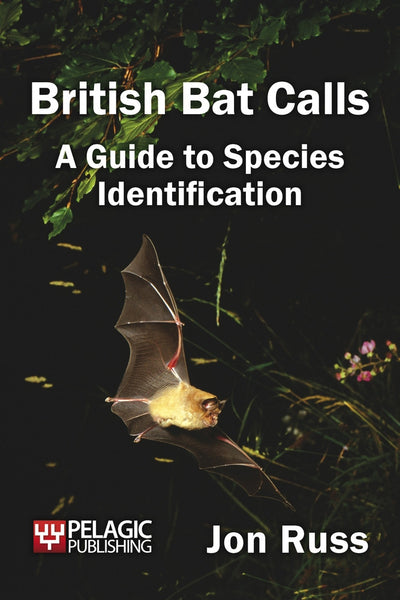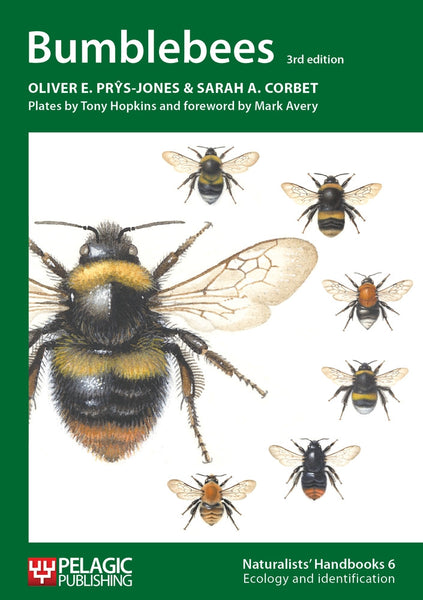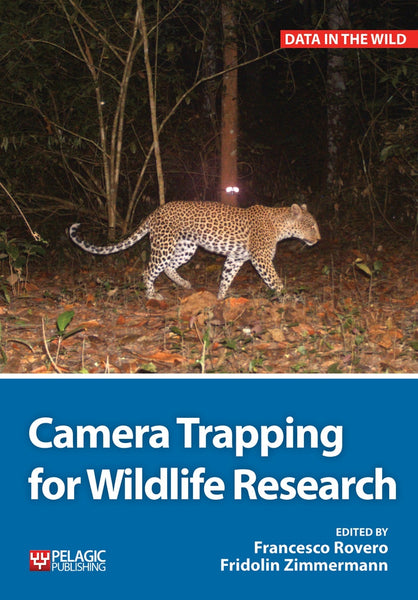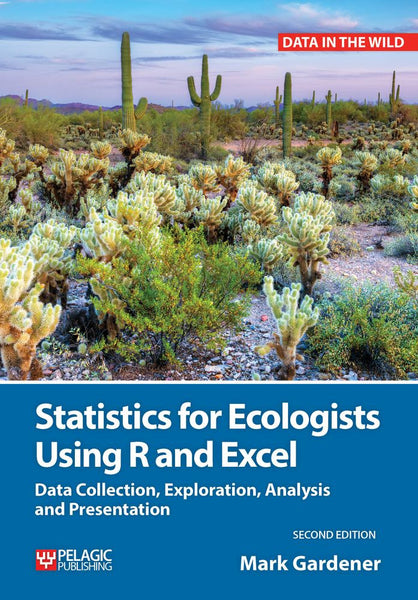Miles Richardson discusses Reconnection and his passion for the science of nature connectedness.
Could you tell us a little about your background and when your interest in nature connectedness as a topic of study began?
Leaving school at 16 I worked in engineering – a hollow environment of steel, the scent of machine oil and overalls. Nature was absent. I don’t recall visiting natural landscapes, and I didn’t go on holiday for five or six years. It was a time I waited years to leave and at 21 I quit my job and went to university, left into a graduate job in the defence industry, but again quit in the search for something more fulfilling. A PhD and research provided that, but I was essentially office bound. From there I wandered into nature connectedness, quite literally. Through hundreds of simple, mainly local walks during 2010 and 2011, I experienced a profound reconnection to nature and unwittingly discovered a universal story about our relationship with nature. Somewhat perversely, my first smartphone was the catalyst, the notes app allowing me to write as I wandered, sparking a new engagement with the local countryside. The writing on foot took me on an unexpected journey. Through 90,000 words, I developed a deep reconnection with nature and increasingly felt part of it. I found myself celebrating the joy of ordinary things in the natural world. I realised my place within nature close to home, in the suburbs, villages and fields. I found that a journey of discovery is not just about travelling to wild landscapes, but also about finding wilderness in simple places close to home.

Blackcap - a photo taken from a favourite spot
What was the impetus behind Reconnection?
To make our relationship with the rest of nature accessible and mainstream, because that relationship is essential for a sustainable future. Having a close bond with nature can suffer from seeming soft and rather woolly, but it is very real and necessary – yet it’s become invisible within our modern lives. Reconnection tells that story and offers some potential solutions.

Writing Reconnection from the garden shed
What are the potential benefits of improving our relationship with the rest of nature, beyond improving our own well-being?
Getting beyond our own wellbeing is essential, it’s a wonderful bonus, rather than the main reason for improving our relationship with the rest of nature. The main benefit of that relationship is uniting the wellbeing of both nature and people, greater concern and care for the natural world, a more vibrant and truly healthy world for future generations.
Who is the target audience for the book?
Everybody has a role to play in fixing our broken relationship with nature. From business leaders to conservationists, teachers to medics, from drivers to walkers, we can all reduce the damage we do and find new ways to bring nature into our lives.

Only a new relationship with nature can prevent a silent spring
What do you hope readers will take away from Reconnection?
That their relationship with nature matters, that it is tangible and can be transformed.
Are you optimistic about our future relationship with the rest of nature?
There’s a conundrum, with our complex societies and modern technology, we tend to believe we are “special”, but as part of nature perhaps we’re no different from any other animal in being unable to control our future. Such ‘wormholes’ are interesting, but unhelpful. I sense a growing realisation of our connections with nature and people like to believe they have a meaningful life and seek happiness. So realising that a close relationship with nature can help provide these things would seem to offer a real story for a sustainable future…and if we don’t perhaps AI will.
Discover more about Reconnection here






